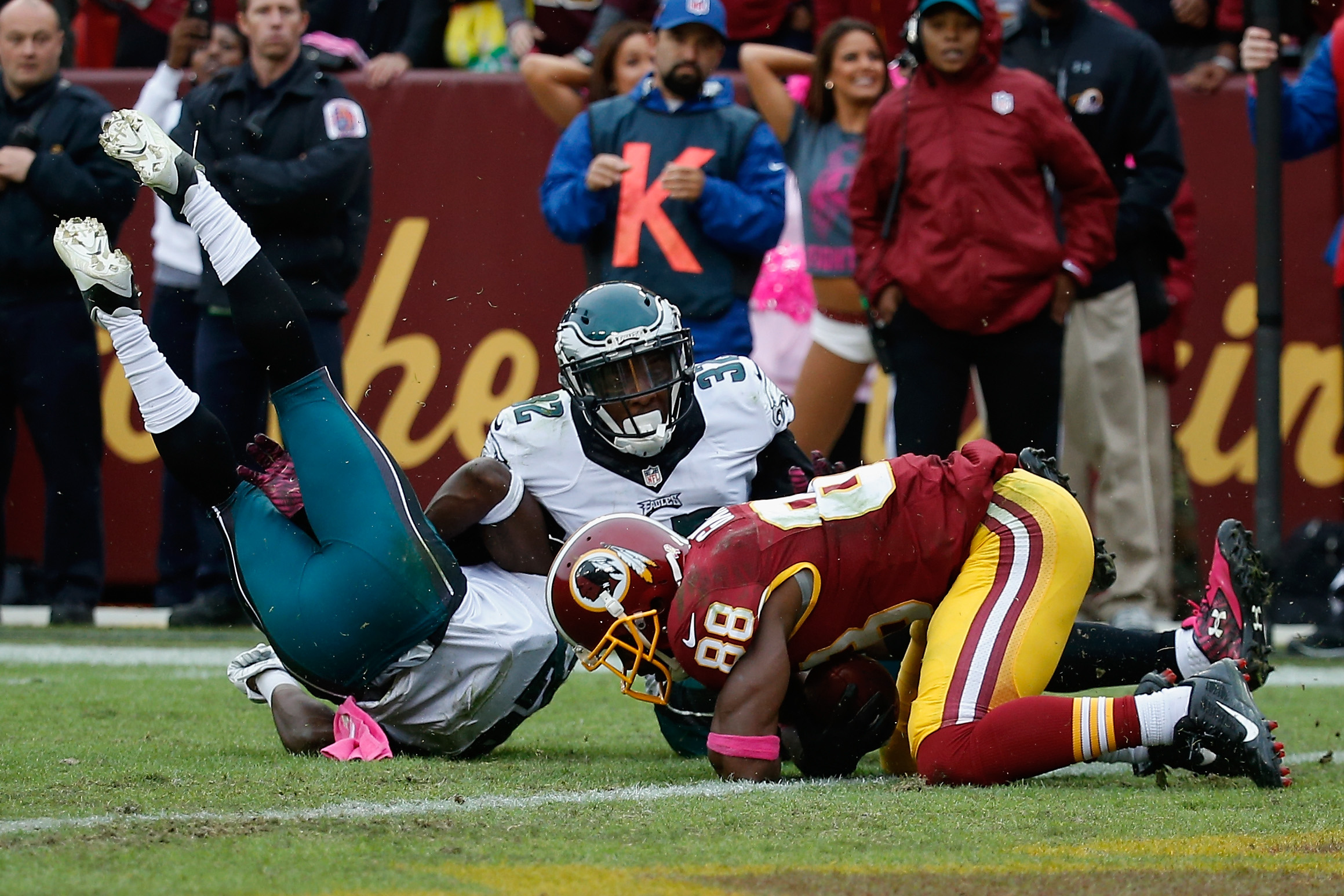President Barack Obama’s announcement this past week that the United States will attempt to restore diplomatic relations with Cuba has been met with equal amounts of praise and criticism.
This writer is on the praise side of the proverbial fence when it comes to this announcement, one that he believes is long overdue.
It’s not as though Obama’s announcement is unprecedented.
This country had a friendly relationship to some degree with Russia after the fall of the Soviet Union, something that most Americans during the Cold War probably thought would never happen in their lifetimes.
Even during the last years of the Cold War, President Ronald Reagan worked with the Soviet Union and its leader, Mikhail Gorbachev, in an attempt by both superpowers to reduce and eventually eliminate nuclear weapons from their countries.
President Richard Nixon opened relations with China, a communist enemy of the United States, during the Cold War in a move that could have been political suicide. Instead, it ended up winning Nixon (and Henry Kissinger) Time Magazine’s person of the year the same year that the Watergate burglars were arrested.

The biggest issue that those against this decision have is Cuba’s awful track record when it comes to the treatment of its own citizens.
It is always disheartening to hear about a country committing human rights violations against its own people or imprisoning them for unjust means.
However, the timing of Obama’s announcement—not long after the report on the CIA’s demonstrable torture practices was released—shows that, as gruesome as it sounds, this can’t be a deal breaker when it comes to diplomacy.
The torture report showed that there were those who were innocent and committed no crime against the United States that were among those tortured and dead as a result. So this country isn’t exactly clean when it comes to human rights violations.
And then there’s America’s history of supporting heinous dictatorships that did far worse to its citizens than the Castro regime.
America supported these leaders solely because the countries they presided over were anti-communist or were against someone or something that America was also against.

This is in no way trying to brush aside human rights violations and unjust imprisonments committed by the country of Cuba under the Castro regime, but it is an attempt to put it all into the proper perspective.
There is also the possibility, though not a guarantee, that things could change in Cuba in this area with renewed diplomatic relations between Cuba and the United States.
The fact that diplomatic relations with the United States is even being explored by Cuba indicates that they could be willing to change with changing times.
As far as the cultural impact of diplomatic relations between the United States and Cuba, American car companies could cash on in on a big piece of Cuban culture: restoring classic American cars.
Part of an NBC News report on the potential good diplomatic relations between the United States and Cuba could do for Cuba was that the many Cuban citizens who restore American cars from the pre-Castro years could finally get American parts for these vehicles.
However, the biggest cultural impact of diplomacy between Cuba and the United States would focus on both countries’ love for the sport of baseball.
Despite being unseated by football as the national pastime, the sport of baseball remains a very successful and well-attended sport in America.
Cuba comes into play not only because of its country’s love for the sport, but the influx of Cuban players into Major League Baseball during recent decades.
Cuban-born players are among the most talented groups in the game today, but the only way these players have ever been able to even attempt to play in MLB is by defecting from Cuba and leaving everything behind—their family, friends, their past and the life they had up until their departure.
But imagine if these Cuban players could maintain their citizenship in Cuba and still be able to travel to America and play in MLB.
Professional baseball in America would continue to receive an influx of talented Cuban-born players and these players would no longer have to act as cargo in the human smuggling business or face the dangers of leaving Cuba by boat.
There’s also the likelihood of a professional baseball team in Cuba, Havana being the most ideal location, if diplomatic relations between these two countries are restored and the embargo lifted.
At the moment, any excess criticism or praise for the possibility of diplomatic relations between the United States and Cuba is premature because the process is still at the beginning.
President Obama even said at his final press conference of the year that a face-to-face meeting between he and Cuban President Raul Castro is not the works as of now.
The notion of renewed diplomatic relations between the United States and Cuba is not going away anytime soon, but any substantial progress toward or away from it is a long way away as well.
At the end of the day when it comes to the United States and Cuba, the Cold War is over and has been over for more than two decades.
In other words, it’s time to move on. And in this case, moving on means coming together.
For current news, sports, entertainment, politics and more please follow us at @TheInscriberMag and @INSC_Politics Like us on Facebook: The Inscriber : Digital Magazine
Add The Sports Daily to your Google News Feed!
